Repairing And Replacing Damaged Appliances After A Hurricane
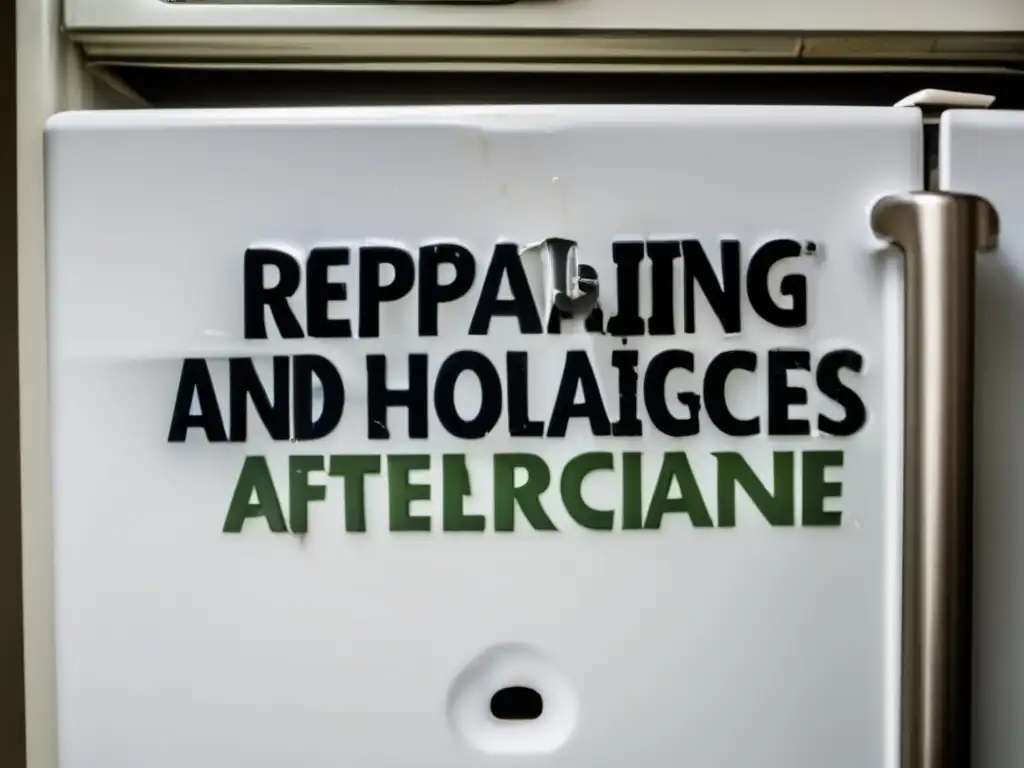
Repairing and Replacing Damaged Appliances After a Hurricane
Introduction
When a hurricane hits, it can cause extensive damage to your home and its appliances. In addition to structural damage, power outages, flooding, and debris can cause severe harm to your appliances. As such, it is essential to repair or replace them to ensure they function safely and effectively. In this article, we discuss how to repair and replace damaged appliances after a hurricane.
Assessment of Damages
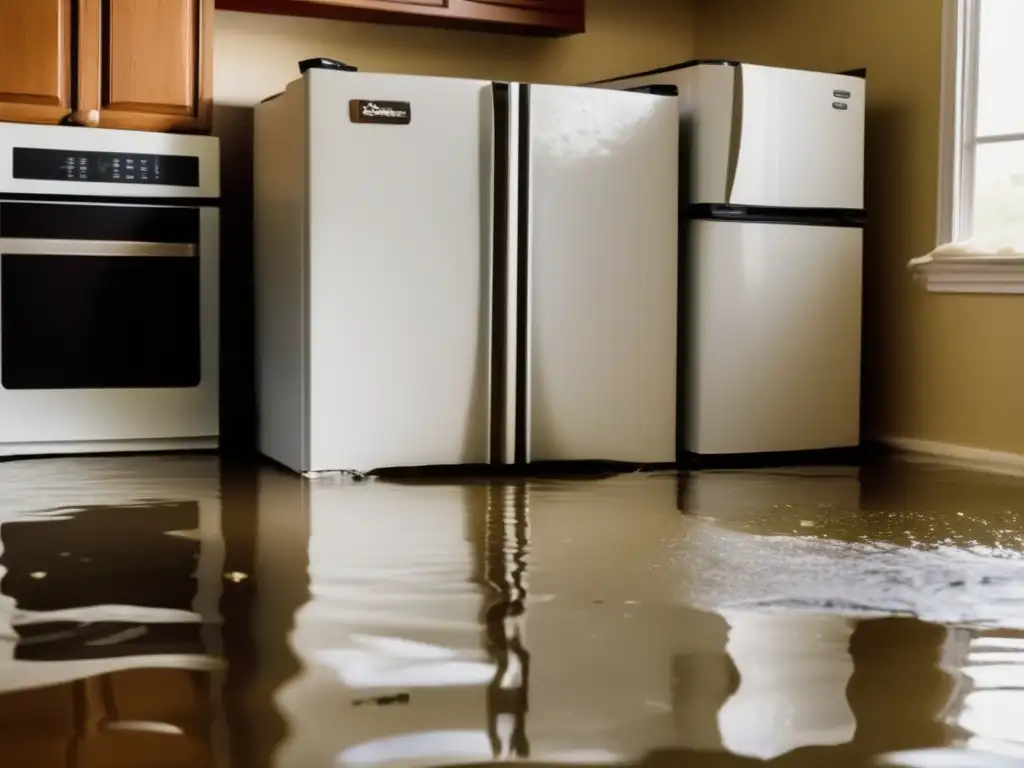
Assessing Structural and Water Damage
Before you begin assessing the damage caused to your appliances, it is vital to evaluate the situation and check for signs of structural and water damage. Check for any standing water or moisture, as well as structural stability. Do not enter the property if there are standing water and debris. Wait until the professionals clear the property of hazards, including downed power lines.
If you have to enter the property, check for physical damage on appliances, including broken glasses, dented parts, or an electrical shortage. If there is water damage, turn off the electricity, and unplug all electronic devices from the electrical outlets before handling them.
Checking for Gas Leaks
If you have gas-powered appliances, it is crucial to assess whether there are any gas leaks that could pose a risk to you and your family. Shut off the main gas line and call a professional to check for gas leaks in your home. Ensure proper ventilation before turning on the gas again.
Testing for Electrical Shorts
Electrical shorts are common after hurricanes. Before plugging in your appliances, test them for electrical shorts by using a multimeter. If the readings indicate an electrical short, do not use the appliance and seek professional help.
Repairing Damaged Appliances
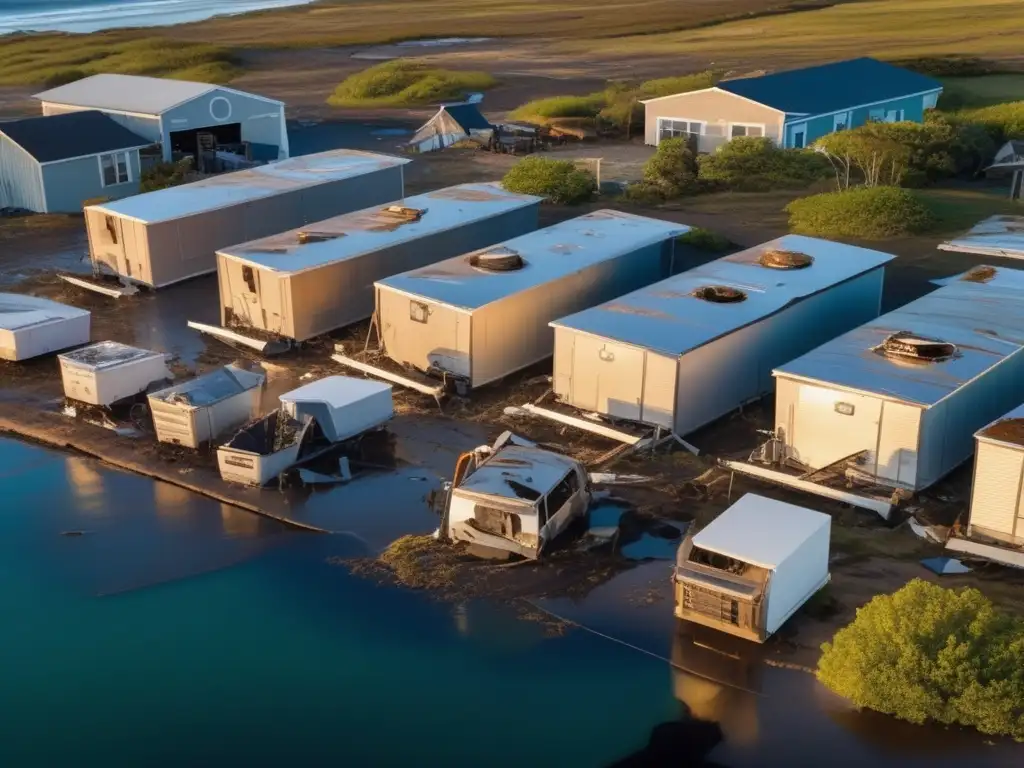
DIY Repairs
If the damage to your appliances is minor, you may be able to make some simple repairs yourself. Replace any broken parts such as glass, knobs, or wires. These small repairs can save you money in the long run, particularly if you have homeowners' insurance that covers hurricane damage.
Professional Repairs
For more severe damage, it's essential to seek professional help. Many appliance repair companies specialize in fixing appliances affected by natural disasters. Consider hiring professionals to repair damaged appliances and ensure your safety during restoration.
If you are unsure about the extent of the damage and whether it's safe to repair the appliances, contact your local repair company and schedule a consultation. They can assess the damage and provide you with a detailed analysis of the cost and time requirements for repairs.
Replacing Damaged Appliances
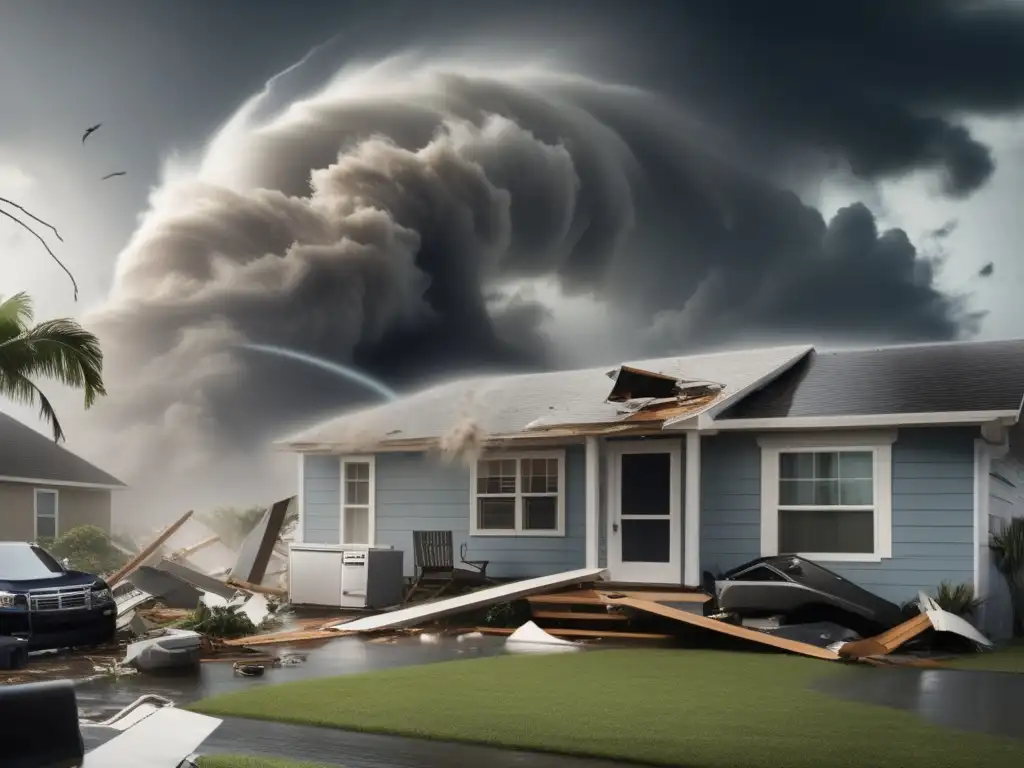
Assessing for Replacement
If the damage to your appliances is severe, you may need to replace them entirely. Consider the cost of repairs compared to the price of a new appliance to determine whether a replacement is necessary.
When purchasing a new appliance, research and compare brands for energy efficiency and warranty. This will help you save money on energy bills and ensure your new appliances offer sufficient protection.
Disposing of Damaged Appliances
Properly dispose of damaged appliances to prevent them from becoming a hazard. Most cities and towns offer recycling programs for old appliances. Contact your local waste management service to learn more about the disposal options in your area.
Maintaining Your Appliances

Regular Maintenance
Maintain your appliances regularly to extend their lifespan and prevent further damage. Clean your appliances regularly, follow the manufacturer's instructions for use, and schedule routine maintenance checks with professional repairers.
Investing in Surge Protectors
Invest in surge protectors to protect your appliances from electrical surges caused by lightning storms or power outages. These devices can also prevent future damage caused by hurricanes, making them a worthwhile investment.
Frequently Asked Questions
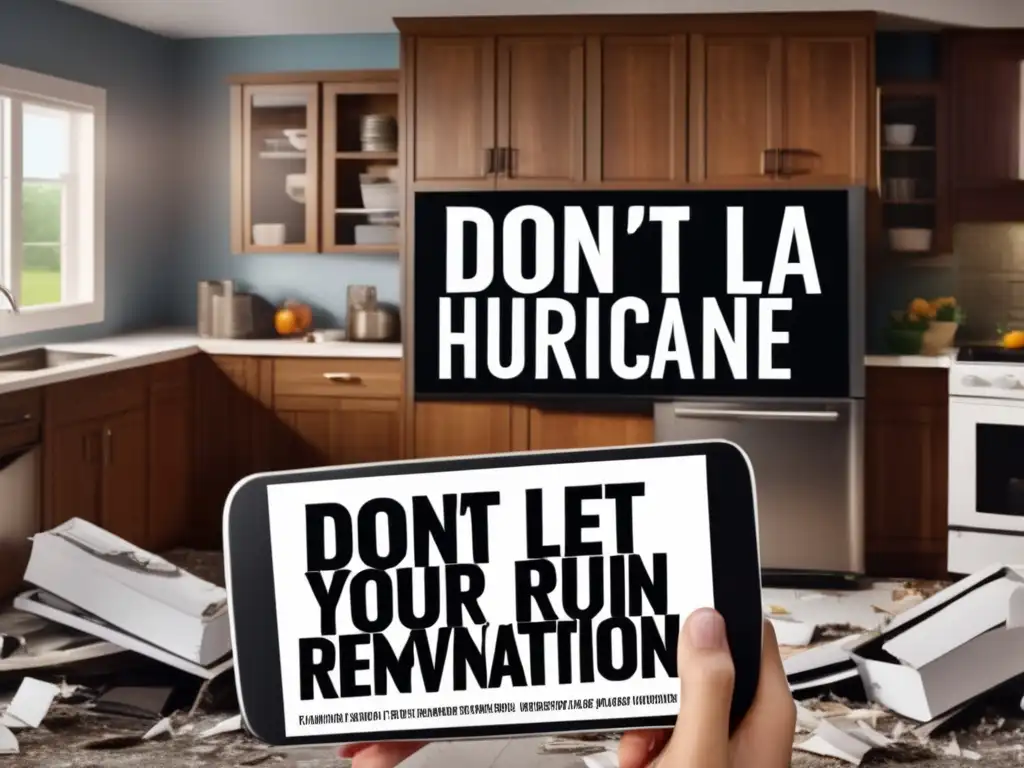
-
Can I repair my damaged appliances myself?
Minor damage can be repaired DIY. For severe damage, it's best to seek professional help.
-
What should I do if I suspect there is a gas leak?
Shut off the main gas line and call a professional to check for gas leaks in your home.
-
Should I replace or repair my damaged appliances?
Compare the cost of repairs to the price of a new appliance to determine the best course of action.
-
Are surge protectors worth the investment?
Yes, surge protectors can protect your appliances from electrical surges caused by hurricanes and other natural disasters.
-
What should I do with my damaged appliances after replacement?
Contact your local waste management service to learn more about the disposal options in your area.
Conclusion
Repairing and replacing damaged appliances after a hurricane requires careful assessment and professional help. Whether you need to repair or replace, ensure you prioritize your safety throughout the repair and restoration process. Maintaining your appliances regularly and investing in surge protectors can prevent further damage during future natural disasters. Remember to dispose of your damaged appliances properly.
Finally, thank you for choosing Hurricane Insider for valuable information on hurricane-related issues. We hope you found this article informative and helpful. Stay safe!
Additional Resources
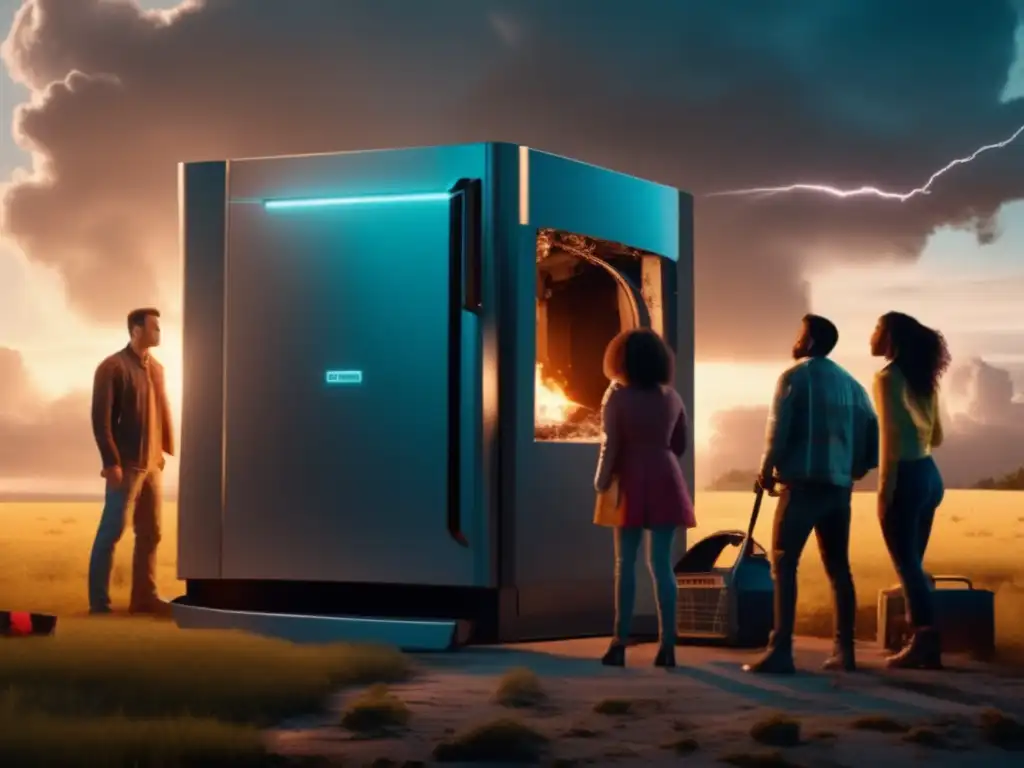
 Managing Stress And Anxiety During Post-Hurricane Recovery
Managing Stress And Anxiety During Post-Hurricane Recovery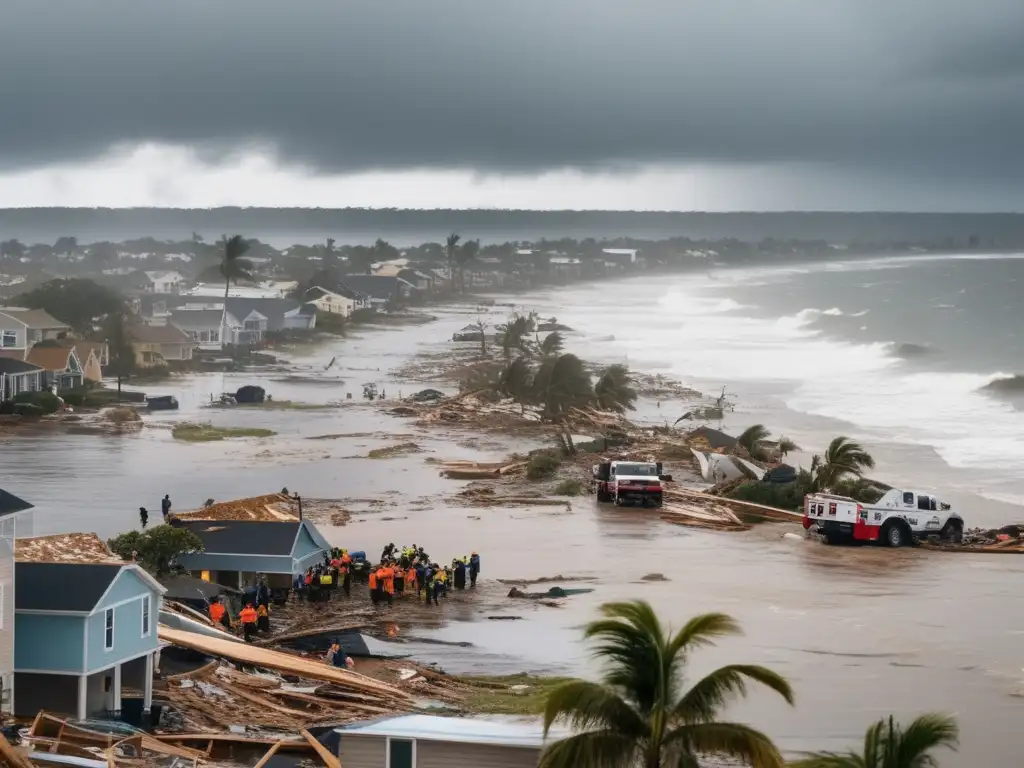 Social Media And Crowdfunding For Post-Hurricane Relief
Social Media And Crowdfunding For Post-Hurricane Relief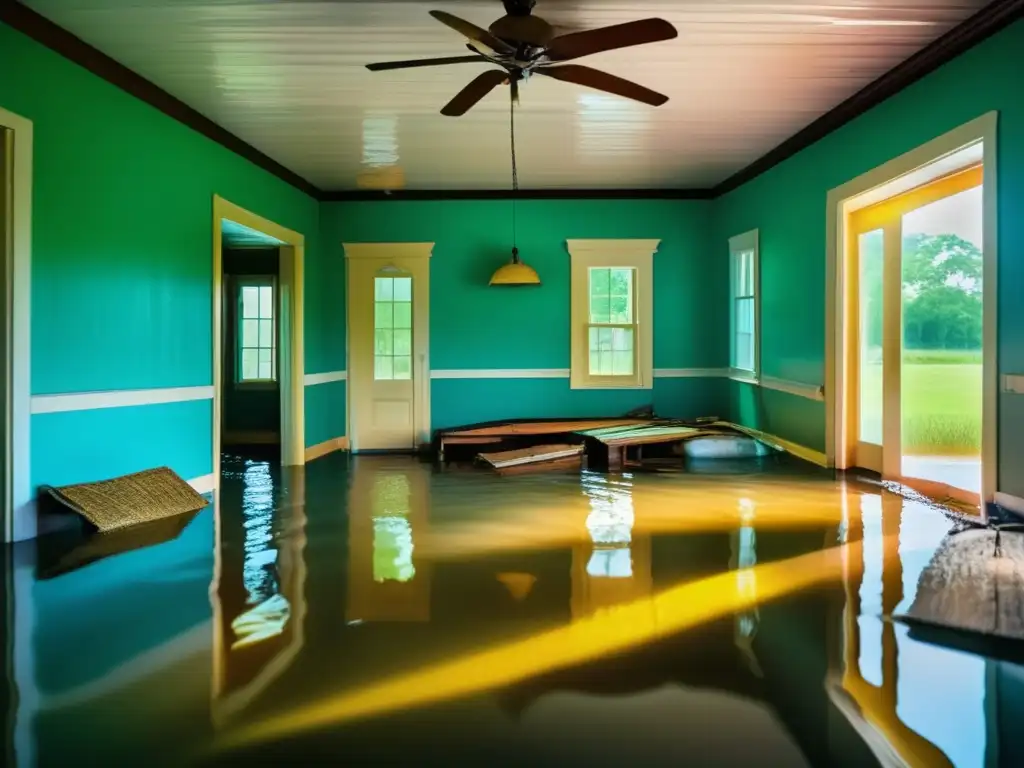 Salvaging And Rebuilding A Flooded Home After A Hurricane
Salvaging And Rebuilding A Flooded Home After A HurricaneIf you want to discover more articles similar to Repairing And Replacing Damaged Appliances After A Hurricane, you can visit the Hurricane recovery: category.
Leave a Reply

Articulos relacionados: